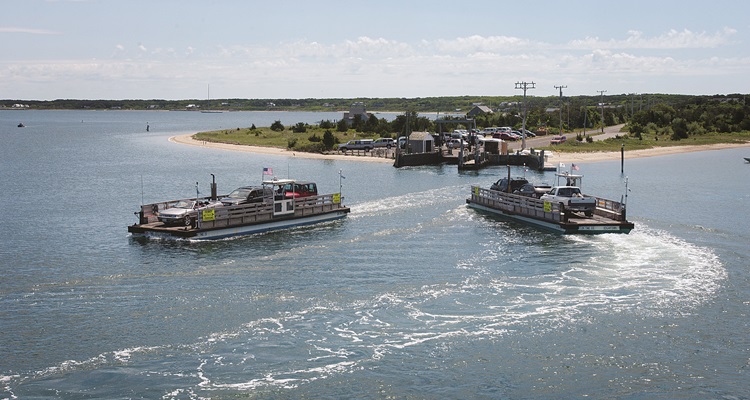Tuesday’s ruling by an appeals court in favor of the Aquinnah Wampanoag Tribe of Gay Head could mean a casino is coming to the Massachusetts’ island of Martha’s Vineyard, just south of Cape Cod.
The decision by the US Court of Appeals for the First Circuit in Boston reversed a 2015 lower court decision blocking the tribe’s plans for the construction of a casino on tribal lands on Martha’s Vineyard, according to Boston magazine. In the earlier decision, the court ruled that “governmental power” had not been displayed by the Wampanoag over its land, therefore effectively barring them from ever operating any class of casino on the island.
In a 40-page ruling in November 2015, U.S. District Judge F. Dennis Saylor IV denied the tribe’s request to convert its vacant and unfinished community center into an electronic bingo hall. The court said at the time that the tribe’s right to open a Class II gaming facility was negated due to its failure to show sufficient self-governance in accordance with the Indian Gaming Regulatory Act (IGRA). The judge also ruled that the IGRA, which establishes jurisdictional framework for governing Indian gaming, does not supersede the Massachusetts Settlement Act of 1987.
Class II, or electronic bingo slots and other games do not normally require local or state approval, however, the tribe’s agreement to the 1987 Act, which granted them reservation status, demands they submit to local zoning codes and other regulations. District Judge Saylor relied on that law to make his decision in favor of the plaintiffs at that time.
The 6,500 square foot building envisioned for a gambling hall was originally intended to be a community center. It was built with taxpayer money in 2004 and 2005 by two teams of Air Force reservists and has sat dormant since and on July 28, 2015, work on the facility was ordered to cease by Judge Saylor.
In June last year, the Department of Justice (DOJ) filed a brief in support of the tribe stating that the IGRA “implicitly repeals the Settlement Act’s provision for state and local jurisdiction over gaming,” in stark contrast to the earlier ruling by Judge Saylor.
In the court’s opinion on Monday, Judge Juan Torruella wrote, “[T]he Tribe: has established a housing program that receives HUD assistance, and has built approximately 30 units of housing under that program; has entered into an intergovernmental agreement with the EPA; operates a health care clinic with the aid of the Indian Health Service; administers a program for education with scholarships financed with Bureau of Indian Affairs funding; administers social services with a human services director responsible for child welfare work; administers conservation policy … and administers a public safety program,” according to the news agency.
Tuesday’s ruling reversing Judge Saylor’s 2015 decision clears a major hurdle for the Wampanoag’s efforts to build a Class II casino on the island that has become a popular tourist destination.
The Aquinnah Wampanoag was first sued by the state in 2013 after the tribe’s gaming ordinance was approved by the NIGA.
According to the report, the tribe says in its first year of operation, the casino would generate $4.5 million prior to taxes, help stimulate the economic development of the community, and create 100 full-time jobs.



